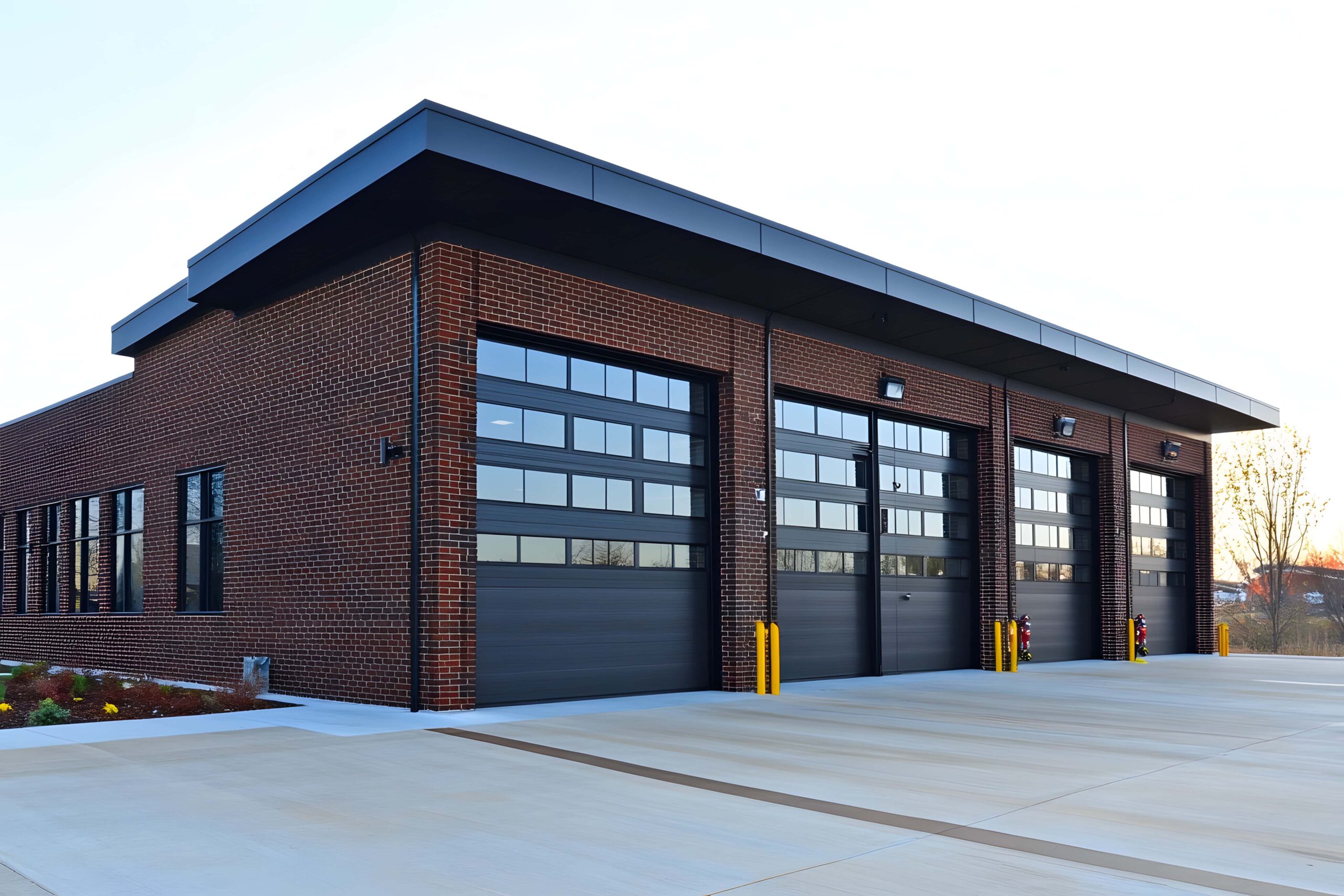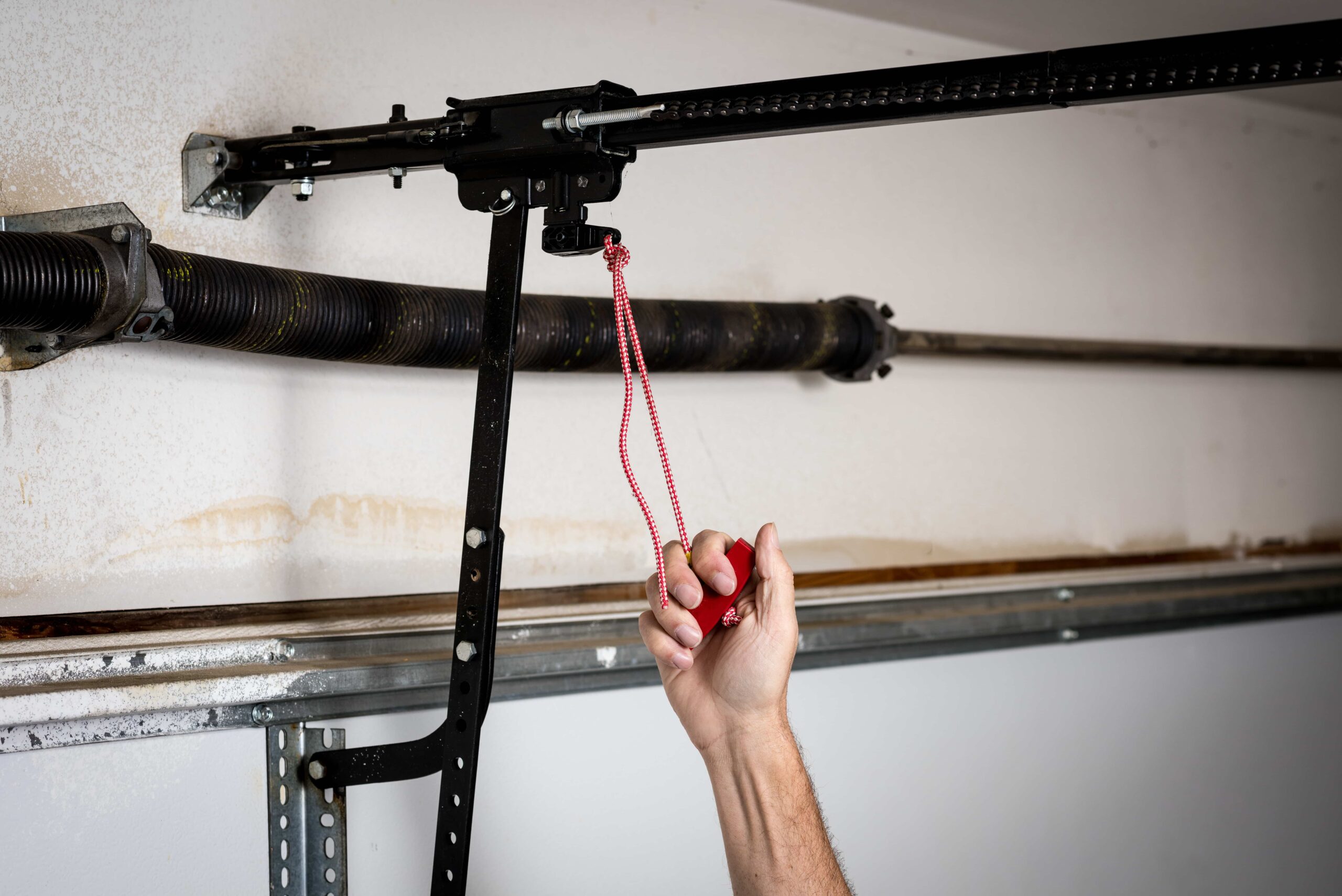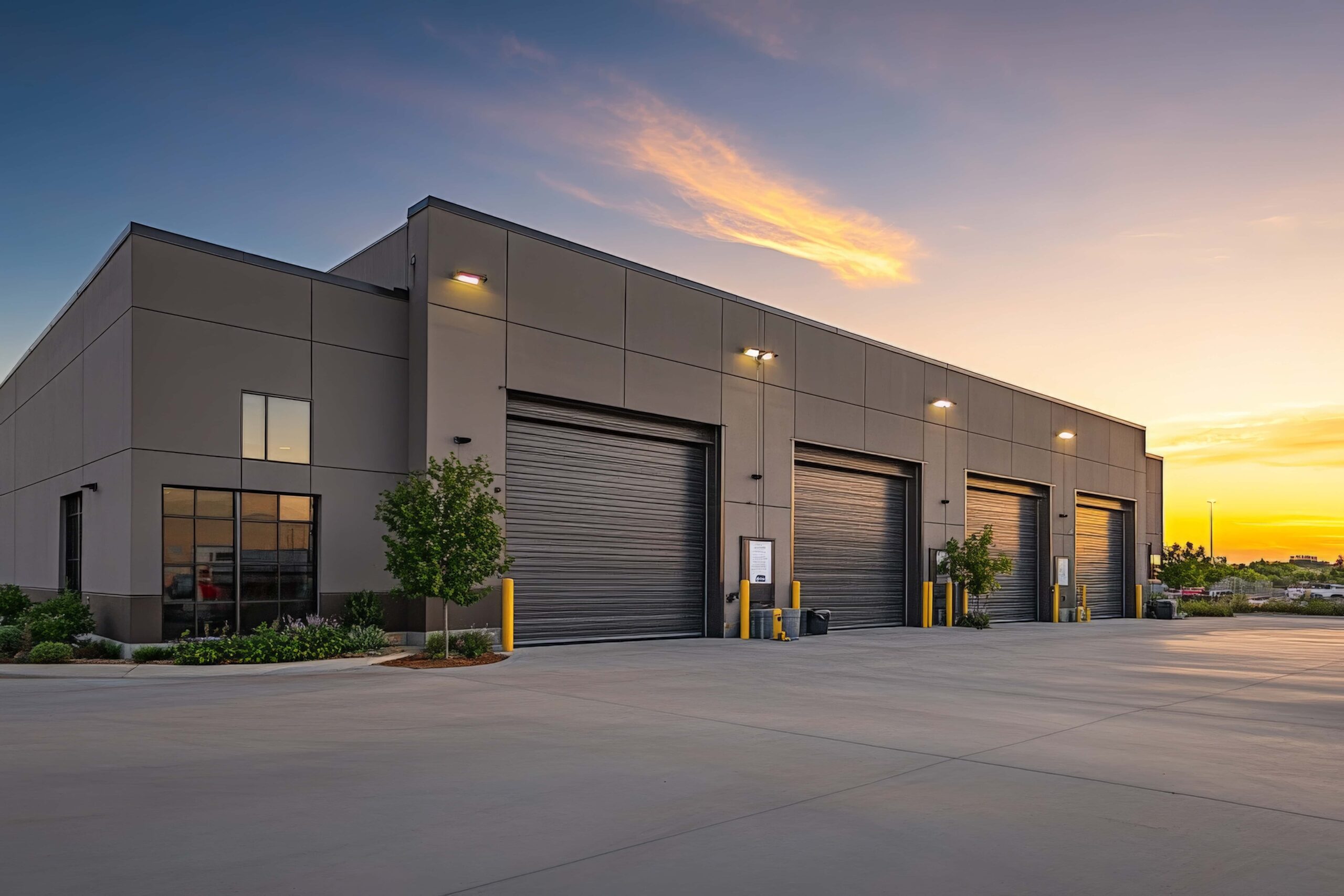
Takeaways
- Garage doors in commercial buildings must meet specific fire safety rules set by Utah Fire Code to protect lives, limit damage, and avoid penalties.
- Emergency egress must stay clear and accessible with panic hardware or quick-release mechanisms.
- Fire-rated doors are required in firewalls, between different occupancy zones, or at property line openings with specific resistance time ratings.
- Automatic closing systems must activate reliably on smoke or heat detection to contain fire and prevent its spread.
- Maintenance, annual testing of fire‐rated doors, and keeping inspection and repair records are mandatory to stay compliant.
Fire safety is non-negotiable for any commercial property. It protects lives, assets, and your business’s continuity. While you might focus on sprinklers and alarm systems, often overlooked yet critical components are your garage doors. The Utah Fire Code sets clear safety and accessibility standards for businesses, and your garage doors must meet these regulations.
If you operate a warehouse, an auto shop, a storage facility, or any other commercial building, your garage doors play a significant role in fire containment and emergency egress.
Understanding these requirements isn’t just about avoiding penalties; it’s about safeguarding everyone inside and minimizing potential damage. This article will walk you through the key fire code requirements related to your commercial garage doors, helping you ensure full compliance and peace of mind.
What Are the Key Utah Fire Code Requirements for Commercial Garage Doors?
Understanding specific regulations helps you achieve compliance and protect your business. The Utah State Fire Code outlines several critical areas concerning your commercial garage doors.

1. Emergency egress and accessibility
Your garage doors often serve as more than just vehicle entry points; they can become crucial emergency exits. Fire code dictates that these doors must allow for swift and easy escape during an emergency. You must ensure nothing obstructs the path leading to or through these doors.
Regulations often require panic hardware or quick-release mechanisms on the inside, allowing anyone to open the door quickly and safely without keys or special knowledge. These egress routes must always remain clear and fully operational.
2. Fire-rated garage doors
Certain commercial properties require specialized fire-rated garage doors. These are not standard doors; they are engineered to resist fire and smoke penetration for a specific duration.
Their primary purpose is to contain a fire within a designated area, preventing its spread throughout your building or to adjacent structures. You typically need fire-rated doors in openings within firewalls, at property line openings, or between areas with different occupancy types. These doors carry specific fire resistance ratings, such as 3-hour or 4-hour, indicating how long they can withstand fire exposure.
| Application Area | Recommended Flame Spread Class | Recommended Fire Resistance Rating |
| Exit corridors and stairwells | Class A (FSI 0–25) | 60–180 minutes |
| Industrial spaces and fire zones | Class A (FSI 0–25) | 60–180 minutes |
| Commercial interiors (e.g., classrooms) | Class B (FSI 26–75) | 60–90 minutes |
| Residential concealed areas (e.g., attics) | Class C (FSI 76–200) | 30–60 minutes |
Source: Waterson
3. Automatic closing mechanisms
Many fire-rated garage doors must also include automatic closing mechanisms. These systems are incredibly important for fire containment. They typically activate upon detecting smoke or heat, often via integrated smoke detectors or fusible links designed to melt at a certain temperature.
Once activated, the door automatically closes, sealing the opening and preventing fire and smoke from traveling through the doorway. You rely on these mechanisms to engage rapidly and reliably, creating a critical barrier that slows fire progression and protects your building’s occupants.
4. Proper maintenance and testing for compliance
A fire door is only effective if it works when needed. The Utah State Fire Code emphasizes regular maintenance and testing for all fire-rated garage doors and emergency egress systems. You must ensure these doors operate smoothly and that all safety features are fully functional.
This includes routine inspections, lubrication of moving parts, and crucial annual drop tests for fire-rated doors. These tests verify the automatic closing mechanism properly engages. You are responsible for keeping detailed records of all inspections, maintenance, and repairs. This documentation proves your compliance during fire safety audits.
How Can You Ensure Commercial Facility Safety Compliance for Garage Doors in Utah?
Meeting fire code requirements isn’t a one-time task. You need ongoing diligence to ensure your garage doors remain compliant and your property safe.
1. Understanding inspections and enforcement
Fire marshals and local code enforcement officers regularly conduct inspections of commercial properties. During these visits, they meticulously check all aspects of your fire safety systems, and your garage doors are no exception.

Inspectors will verify that your fire-rated doors have the correct labeling, that automatic closing mechanisms activate properly, and that emergency egress paths remain clear and unobstructed. They will also review your maintenance records to confirm you perform required tests and servicing. Understanding these inspection points helps you proactively prepare and avoid surprises.
2. Consequences of non-compliance
Ignoring fire code regulations carries significant risks for your business. Non-compliance can lead to substantial financial penalties and fines. In severe cases, authorities might issue orders for operational shutdowns until you rectify the issues, causing significant disruption and loss of revenue.
Beyond legal and financial repercussions, non-compliance tragically increases the risk of injury or death during a fire event. It also jeopardizes your property and can complicate insurance claims. Prioritizing compliance protects your business and everyone within it.
3. Best practices for business owners
You play a crucial role in maintaining fire safety. Implement a proactive maintenance schedule for all your commercial garage doors. This includes:
- Regular cleaning
- Lubrication
- Immediate attention to any operational issues
- Keeping detailed and accurate records of every inspection, test, and repair
Stay informed about any updates to the Utah State Fire Code affecting your business. Consulting with qualified garage door professionals ensures your doors meet current standards and function reliably when you need them most.

Doors to a Safer Future in Utah
Ensuring your commercial garage doors comply with Utah Fire Code regulations is both a legal obligation and a critical investment in safety. Prioritizing these standards protects your employees, customers, and valuable assets. From maintaining clear emergency egress paths to ensuring fire-rated doors and their automatic closing mechanisms function flawlessly, every detail contributes to a safer, more resilient business operation.
Don’t leave your property vulnerable to fire hazards or penalties for non-compliance. For reliable garage door installation or ongoing garage door services for your commercial garage doors in Utah, trust Mountain State Garage Doors. Our expertise ensures your doors meet all safety standards and perform flawlessly when it matters most.
We also handle residential garage doors if you have needs for your home. Contact the team today to learn more!
- Garage Door Cracks: Causes, Repairs, and When to Replace - November 27, 2025
- Noisy Garage Door? Diagnosis, Fixes, and When to Call a Pro - November 26, 2025
- How to Repair Garage Door Dents: Fixes vs. When to Call a Pro - August 22, 2025
